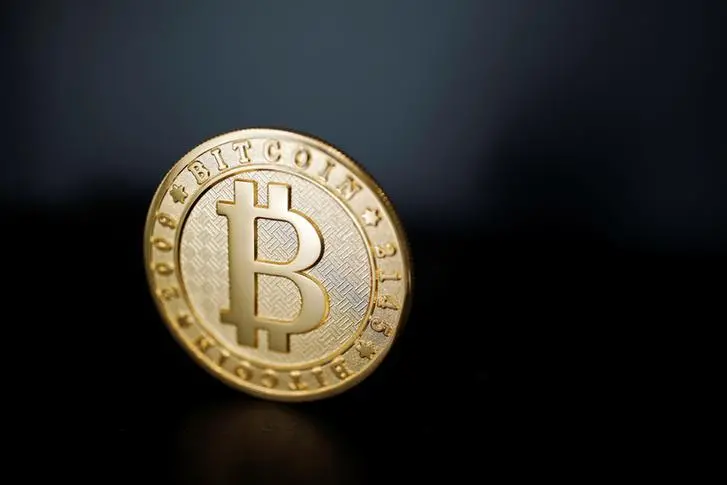PHOTO
The world's top Islamic finance scholars are scrutinizing the validity of cryptocurrencies, as debate grows in the industry as to whether such fast emerging financial tools can be deemed sharia compliant.
The issue of religious permissibility could help determine whether Islamic financial firms can invest in cryptocurrencies, widening their appeal in the industry's main centres in the Gulf and Southeast Asia.
The discussions are part of the annual sharia conference of the Accounting and Auditing Organisation for Islamic Financial Institutions (AAOIFI) being held in Bahrain this week.
Financial technology developments mean scholars must revisit Islamic finance concepts and how they have evolved over time, Ebrahim Bin Khalifa Al Khalifa, Chairman of the AAOIFI Board of Trustees, said in his opening remarks at the conference.
"This specifically relates to riba (usury) in cryptocurrencies, such as Bitcoin, among others. Today, the floor is open to tackle this recent breakthrough in the monetary sphere from a sharia perspective."
The key question for scholars is whether cryptocurrencies fall under the so-called "ribawi" category, which includes commodities like gold and silver.
Ribawi items must be exchanged in equal measure and with immediate transfer of possession, otherwise transactions may involve riba or usury, a major prohibition in Islam.
AAOIFI primarily issues accounting and sharia standards for Islamic finance institutions, but there is no current indication it would issue guidance on cryptocurrencies.
Scholar deliberations, however, could clarify what types of cryptocurrencies are religiously acceptable and influence future product development.
(Reporting by Bernardo Vizcaino; Editing by Shri Navaratnam) ((Bernardo.Vizcaino@thomsonreuters.com; Telf: +61293218168; Reuters Messaging: bernardo.vizcaino.thomsonreuters.com@reuters.net))





















